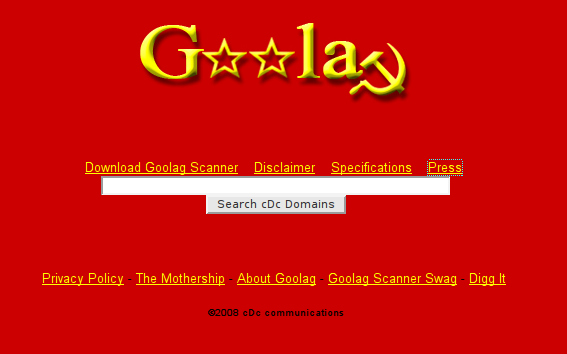Oy. Neil McAllister is at it again, saving the online world by describing how Mom & Pop shops can compete with the Amazons of the world. With retail giants like Tesco and even Sears building out programming interfaces (APIs) that will allow people to buy mattresses and microwave ovens with their mobile phones (srsly. ed.) , he claims that small businesses are more vulnerable than ever.
(You know, I once thought Fatal Exception was a quirky title for a column, but now I realise it’s just an accurate description of the cognitive processes of its author.)
Oy. Neil McAllister is at it again, saving the online world by describing how Mom & Pop shops can compete with the Amazons of the world. With retail giants like Tesco and even Sears building out programming interfaces (APIs) that will allow people to buy mattresses and microwave ovens with their mobile phones (srsly. ed.) , he claims that small businesses are more vulnerable than ever.
(You know, I once thought Fatal Exception was a quirky title for a column, but now I realise it’s just an accurate description of the cognitive processes of its author.)
McAllister writes:
Ask any company that hosts an open source software project how many outsiders actually commit code changes on a regular basis and you’re likely to hear a discouraging figure.
His conclusion is that low uptake makes opening APIs a high risk activity. That’s as may be, but isn’t it equally possible that these organisations aren’t successful because they’re doing it wrong?
Unless I have some kind of moral ownership stake in the project (such as I might have if I maintained a Linux software package, for example) what incentive to I have to invest my time? I understand the reasons for it, but many large businesses today are notoriously unreliable when it comes to strategy. Driven as they are by quarterly returns and subject to the whim of an increasingly sociopathic class of managers driven by MBA culture to abstract all decisions into monetary terms, why in the hell should I, the lowly FOSS developer, want to hitch my wagon to their star?
(More accurately, they’re asking me to hitch my horse to their wagon, without giving me any say on the destination or even the route.)
There are a few organisations who really get how community relations and management work, but they are a tiny minority. The overwhelming majority baulk when they come to the realisation that FOSS means sharing ownership and control.
None of this is news to us geeks. What gets me riled up about this article is that someone who should know better spends his time chiding FOSS processes for being inappropriate to business status quo instead of explaining to business how they’ve got to adapt to a new set of circumstances.
The reason McAllister doesn’t want to say that is because he’s holding out for a new set of actors in the online world: Middlemen who build out standardised (but presumably proprietary) API and data management services for small and medium businesses so they can keep up with the Amazons and Tescos of the world without having to build their own data infrastructure.
McAllister is, in other words, trying to reinvent the Distributor in an environment that was invented precisely to remove the need for intermediaries. My only response is to apply an aphorism from another age of commercially appropriated social phenomena: ‘You’ve come a long way, baby.‘

 Once you get past the Chinese porn silliness, there’s a real story here:
Once you get past the Chinese porn silliness, there’s a real story here: